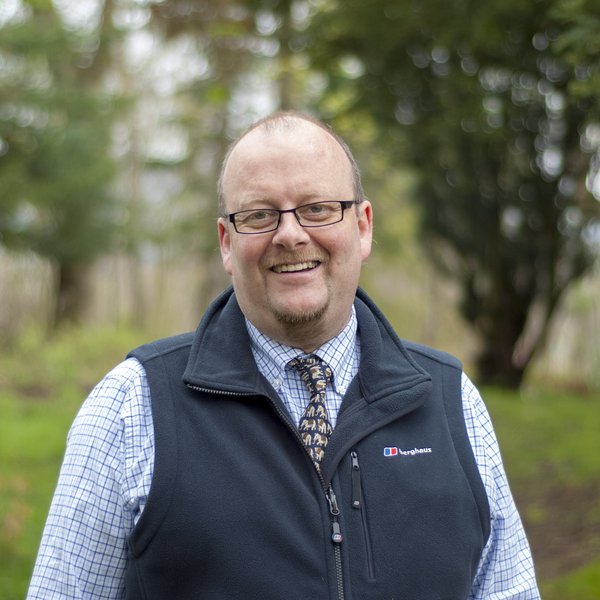Staff
What sets us apart is our people. Find out more about our staff, and the groups and teams within which they work. If you need the contact details for a specific member of our staff, you can also find those here.
What sets us apart is our people. Find out more about our staff, and the groups and teams within which they work. If you need the contact details for a specific member of our staff, you can also find those here.
Groups and Teams:





If you would like to find out more about working with us please visit our Careers page
Careers at Forest ResearchPlease do not contact our staff with cold calling, marketing emails or sales pitches and refer to our Procurement page for guidelines
Procurement at Forest Research